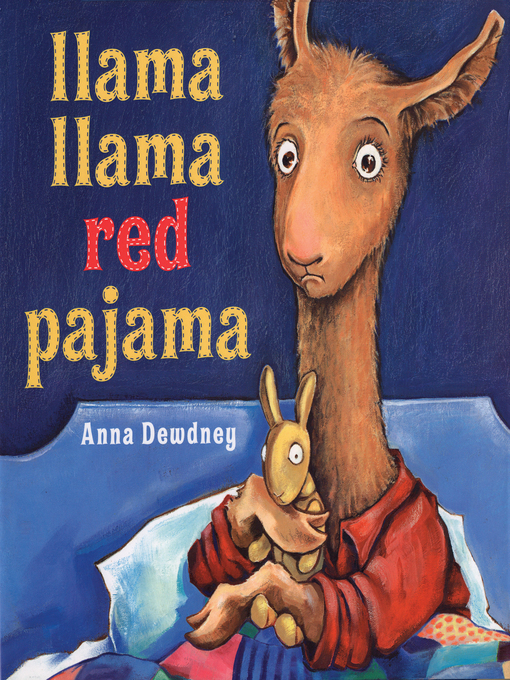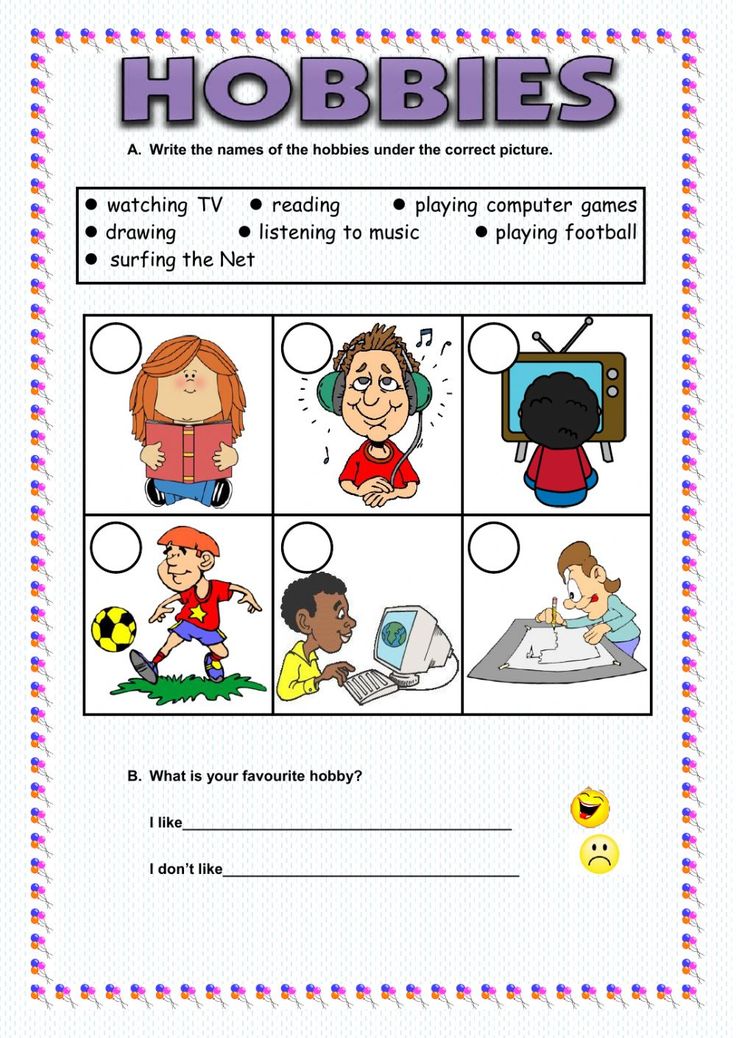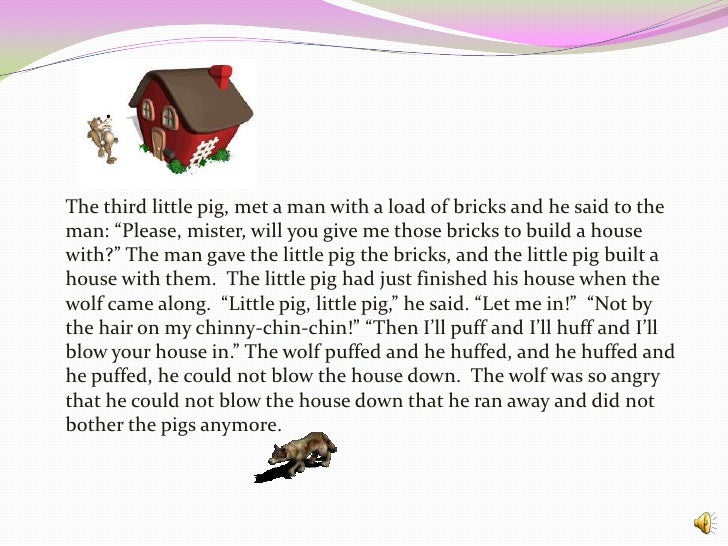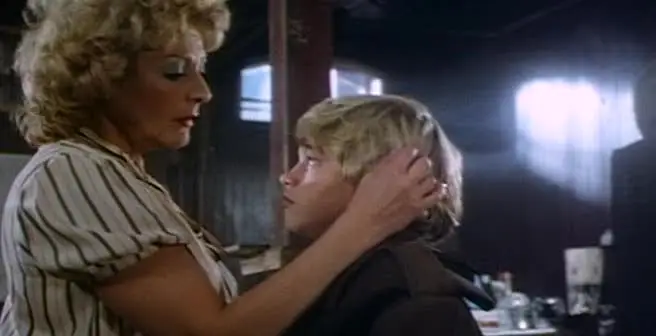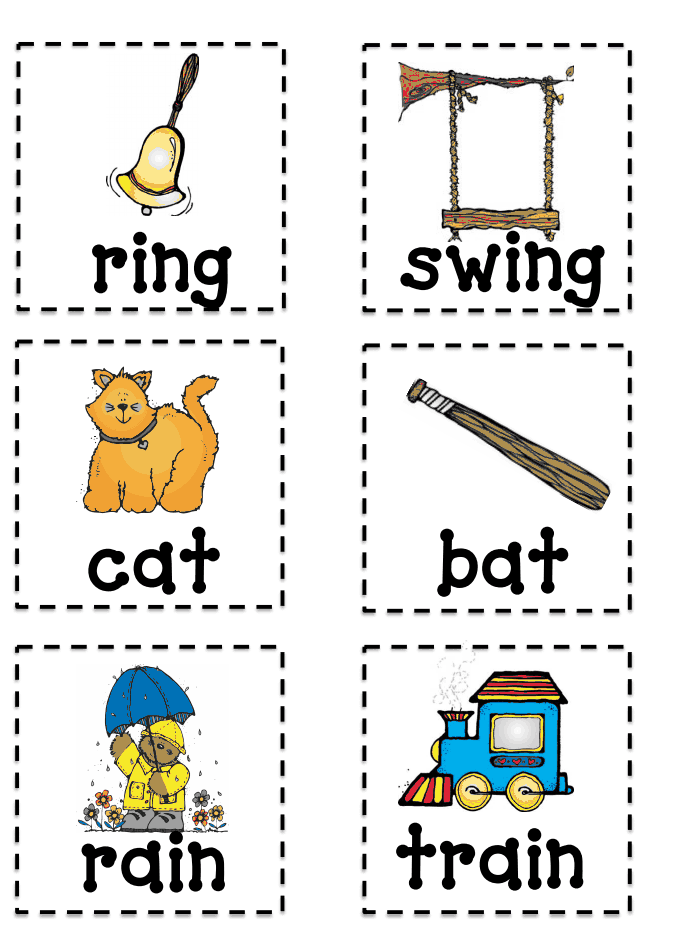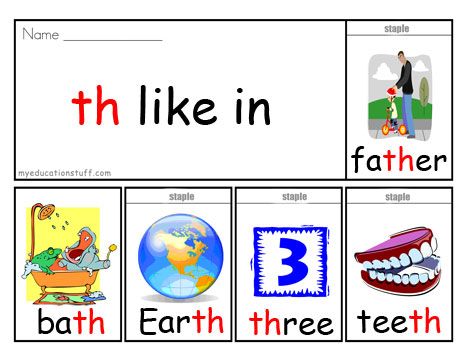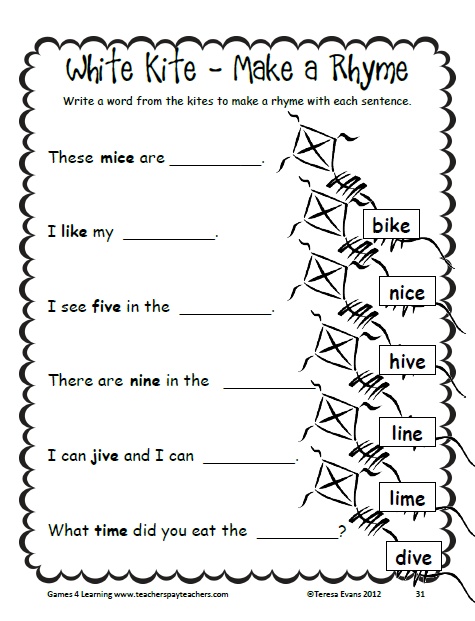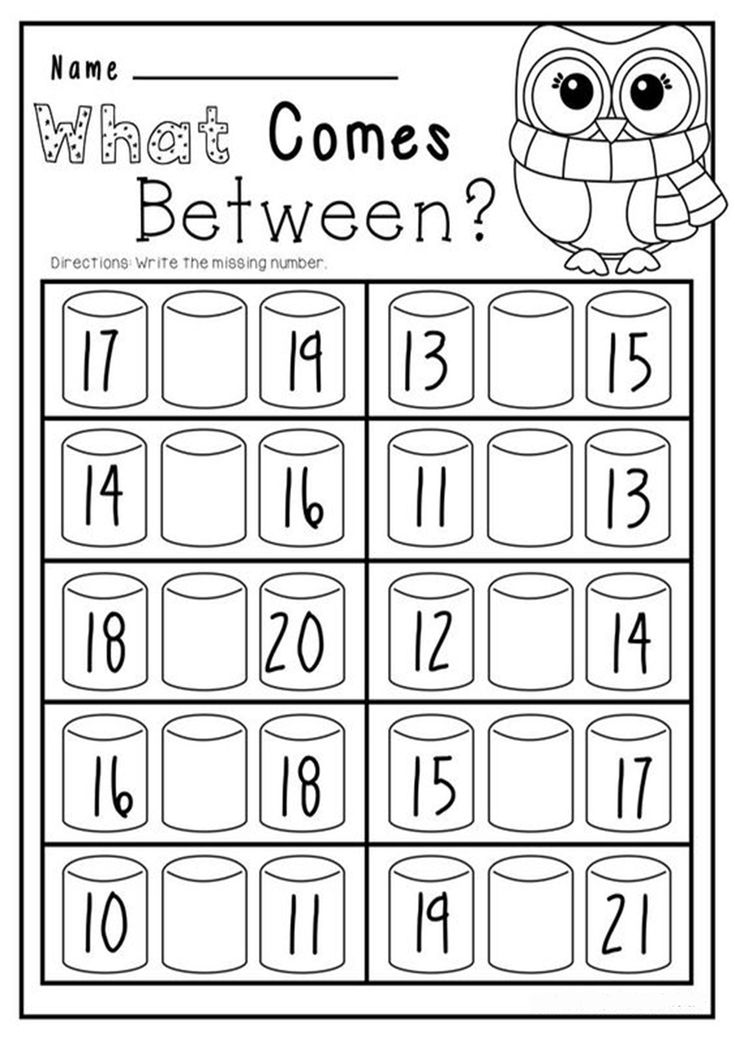Sounding out sight words
Sounding Out Words vs. Sight Words | Learning to Read by Decoding
Early readers must know how to tackle and instantly recognize two types of words to read fluently. One is decodable words; the other is non-decodable words. For kids with reading issues, including , learning to read both types of words can be a challenge.
This chart can help you know the difference between decodable words and non-decodable words, and what can help your child learn both.
| Decodable words | Non-decodable words | |
|---|---|---|
| What they are | Words that kids can sound out using the rules of phonics. Examples include: pot , flute, and snail. | Words that can’t be sounded out and that don’t follow the rules of phonics. They need to be memorized so they’re instantly recognizable. Examples include: right, enough, and sign. (Note: Some decodable words are also taught as sight words. These words are used so frequently that kids need to recognize them instantly.) |
| Skills required | Kids need to have phonemic awareness (part of a broader skill called phonological awareness). This skill allows students to rapidly map sounds to letters and blend sounds to read words. Kids also rely on working memory to help them keep in mind the sounds at the beginning of a word as they decode the rest of the word. | Kids need good memory skills to store words in their long-term phonological memory. That allows them to quickly retrieve words when they see them. Kids need fast-enough processing speed to read words automatically and fluently. |
| How these words are taught | For kids with reading challenges such as dyslexia, teachers typically use multisensory structured language education (MSLE). That includes multisensory techniques to help kids connect letters to sounds. One such teaching approach is Orton–Gillingham. A few reading programs are based on this approach. There are also other reading programs that are mainly used in general education. In the early grades, these programs focus on decoding skills. | Teachers introduce groups of words to students, based on grade level. Students may take these words home and work on memorizing them. Kids learn best when working and practicing with small groups of words on a regular basis until the words are instantly recognizable. It can help if students practice reading these words in meaningful sentences. It can also help to find the irregular part of the word and highlight it to make it easier to remember. For example, in the word said, the irregular part of the word is ai. |
| What kids need to know | There are rules that can help them sound out words. | Some common words don’t follow rules and can’t be sounded out. These words need to be memorized. Words with similar meaning or similar spellings can be learned in groups. For example, these ight words: right, night, flight. |
| How you can help | There are multisensory techniques and tools parents can use to teach phonics. There are also strategies for building phonological awareness at different ages. | There are strategies for teaching non-decodable words to struggling readers. Parents can review lists of sight words, including non-decodable words, with their child. |
If your child is struggling with reading and you’re concerned the cause might be dyslexia, there are steps you can take. Your child might be eligible for services and supports at school that can help.
Also, hear an expert explain why learning to read is harder than learning to speak. And learn about how different learning and thinking differences make it hard to read.
Learning to read involves both decoding and recognizing sight words at a glance.
High-frequency words can be decodable or non-decodable.
Struggling readers may benefit from multisensory reading instruction.
9781942154150: Sounding Out the Sight Words: A Guide to Teaching the Dolch Words through Phonics - Denise Eide; Cindy Kringelis: 1942154151
Skip to main content
Items related to Sounding Out the Sight Words: A Guide to Teaching the.
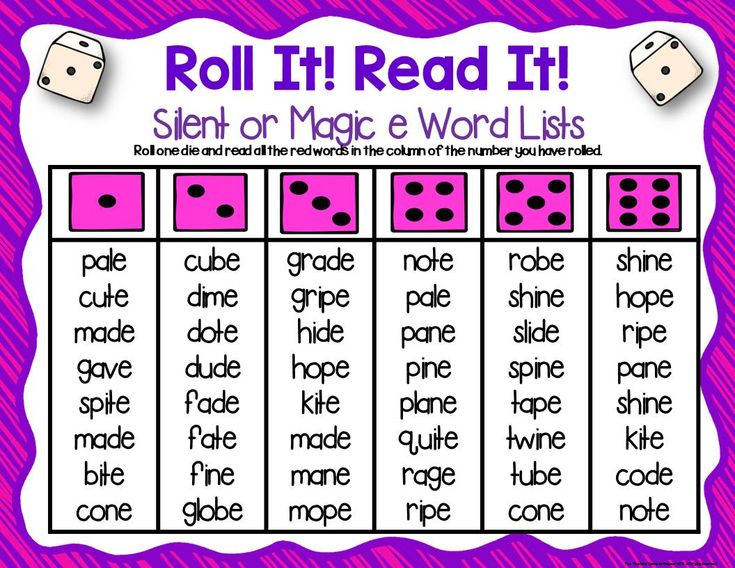 ..
..Denise Eide; Cindy Kringelis Sounding Out the Sight Words: A Guide to Teaching the Dolch Words through Phonics
Denise Eide; Cindy Kringelis
5 avg rating •
( 1 ratings by Goodreads )
Softcover
ISBN 10: 1942154151 ISBN 13: 9781942154150
Publisher: Logic of English, Inc, 2017
This specific ISBN edition is currently not available.
View all copies of this ISBN edition:
- Synopsis
- About this title
Sounding Out the Sight Words introduces the phonetic concepts at work in the 220 Dolch words and 95 Dolch nouns, a total of 315 of our most common words, in sixty-six simple lessons.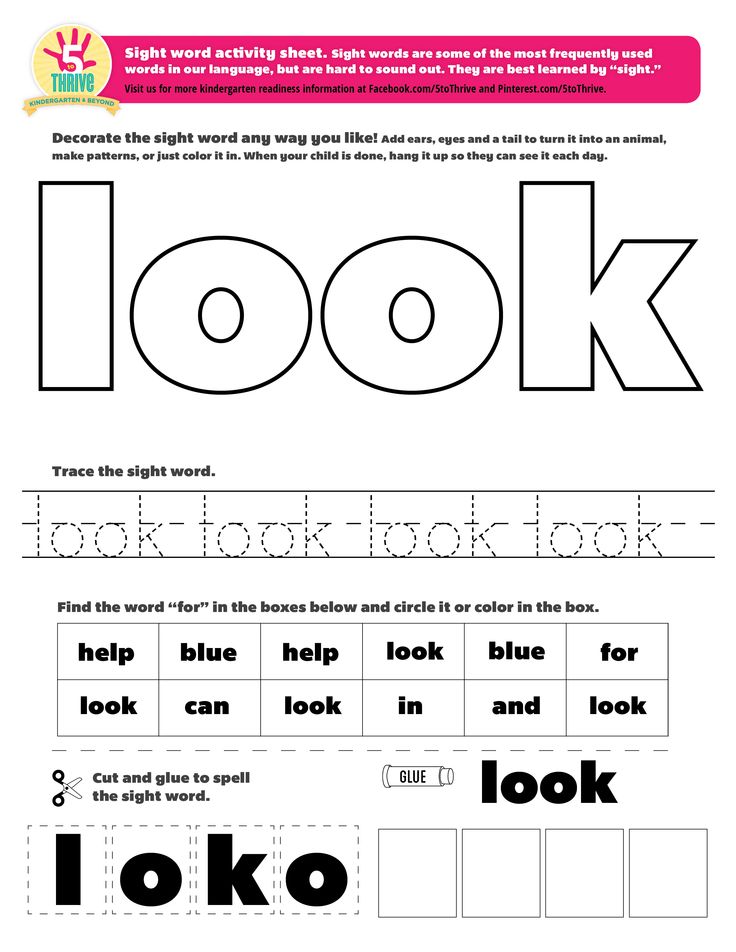 With these instant lessons, rather than teaching one new sight word each day for your child to memorize, you teach one bite-size phonics concept each day. Each lesson is designed for a busy parent or teacher to deliver in two to ten minutes, simply by reading aloud the brief lesson on the back and helping the student sound out the sample words on the front. In sixty-six lessons, instead of learning sixty-six Dolch words, students gain the tools to read all 315 as well as thousands of other words!
With these instant lessons, rather than teaching one new sight word each day for your child to memorize, you teach one bite-size phonics concept each day. Each lesson is designed for a busy parent or teacher to deliver in two to ten minutes, simply by reading aloud the brief lesson on the back and helping the student sound out the sample words on the front. In sixty-six lessons, instead of learning sixty-six Dolch words, students gain the tools to read all 315 as well as thousands of other words!
Sounding Out the Sight Words was created in collaboration between Logic of English author Denise Eide and parent Cindy Kringelis. The initial inspiration and structure were Cindy's; she wanted to help her daughter master the sight words taught by her school and, after reading Denise's book, Uncovering the Logic of English, created this series of "instant lessons" to help educators and parents teach the Dolch words logically through phonics using the concepts she had learned.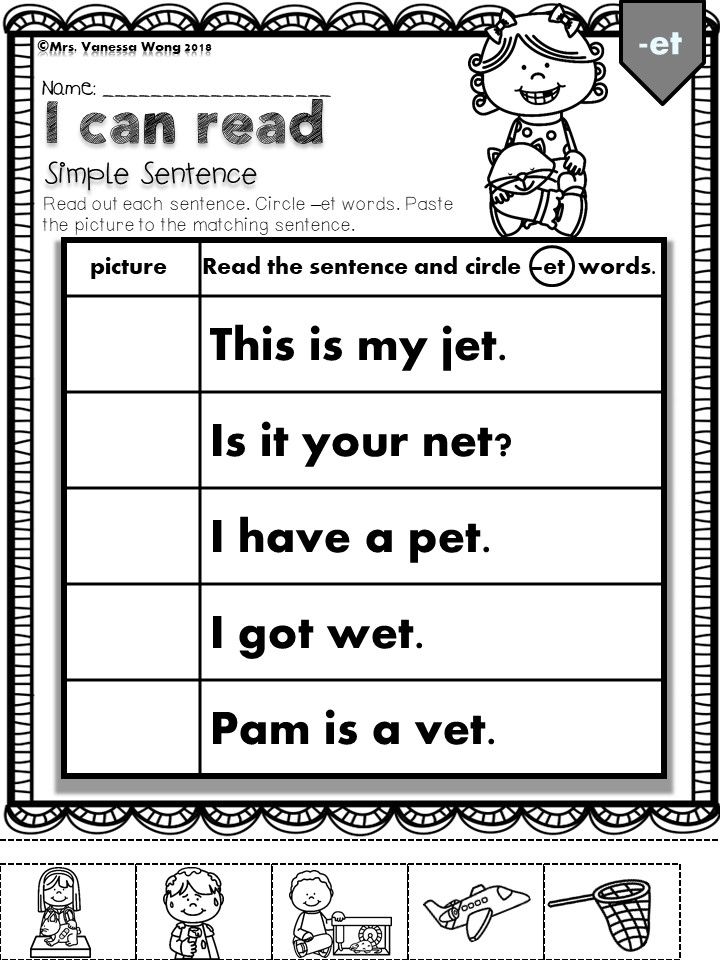
With the methodical approach in these lessons, you can deliver sound instruction while refreshing your own understanding of the concepts necessary to read these common words, providing expert coaching as your student learns to read and spell with ease.
"synopsis" may belong to another edition of this title.
About the Author:
Denise Eide is an educator, author, speaker, and curriculum designer. She has worked in the field of literacy instruction since 1995. Her specialty is teaching reading and spelling to educators and parents by helping them understand the logic of English and demonstrating teaching methods that ensure success for students of all learning styles. Her desire is for these methods to be available to all students, parents, and educators, leading to a dramatic reversal in America's literacy crisis. She lives in Rochester, Minnesota with her four children.
Cindy Kringelis is a parent who set out to discover the framework of English words.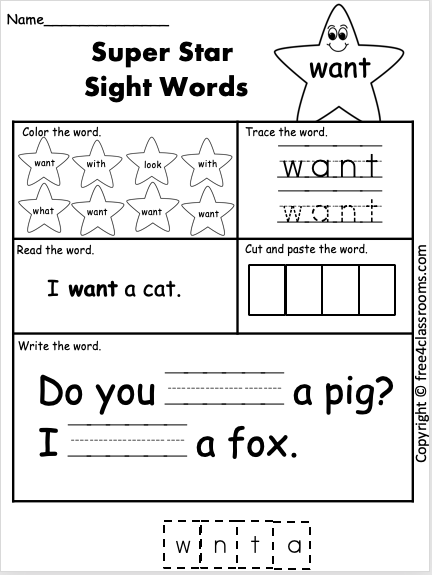 After watching the 2014 Scripps National Spelling Bee finalists, she began to wonder what those students knew about spelling that could make spelling easier for her child and even herself. In Uncovering the Logic of English by Denise Eide, she found the framework she had been looking for. She realized that her daughter's struggles with words stemmed from concepts that she had never been taught, such as S may say /s/ or /z/. She organized the concepts into lessons in Sounding Out the Sight Words with the goal of helping her daughter and countless other students and parents understand the clear, simple concepts that underpin the Dolch words, thus helping students learn to read and spell with ease.
After watching the 2014 Scripps National Spelling Bee finalists, she began to wonder what those students knew about spelling that could make spelling easier for her child and even herself. In Uncovering the Logic of English by Denise Eide, she found the framework she had been looking for. She realized that her daughter's struggles with words stemmed from concepts that she had never been taught, such as S may say /s/ or /z/. She organized the concepts into lessons in Sounding Out the Sight Words with the goal of helping her daughter and countless other students and parents understand the clear, simple concepts that underpin the Dolch words, thus helping students learn to read and spell with ease.
"About this title" may belong to another edition of this title.
Other Popular Editions of the Same Title
Featured Edition
ISBN 10: ISBN 13: 9781942154914
Publisher: Logic of English, Inc, 2020
Softcover
Search for all books with this author and title
Back to top
{{#if showAllCollectables}} View all collectible editions of this title: {{else}} {{/if}}
{{#if collectibleFirstEdition}}
First Edition ({{collectibleFirstEdition.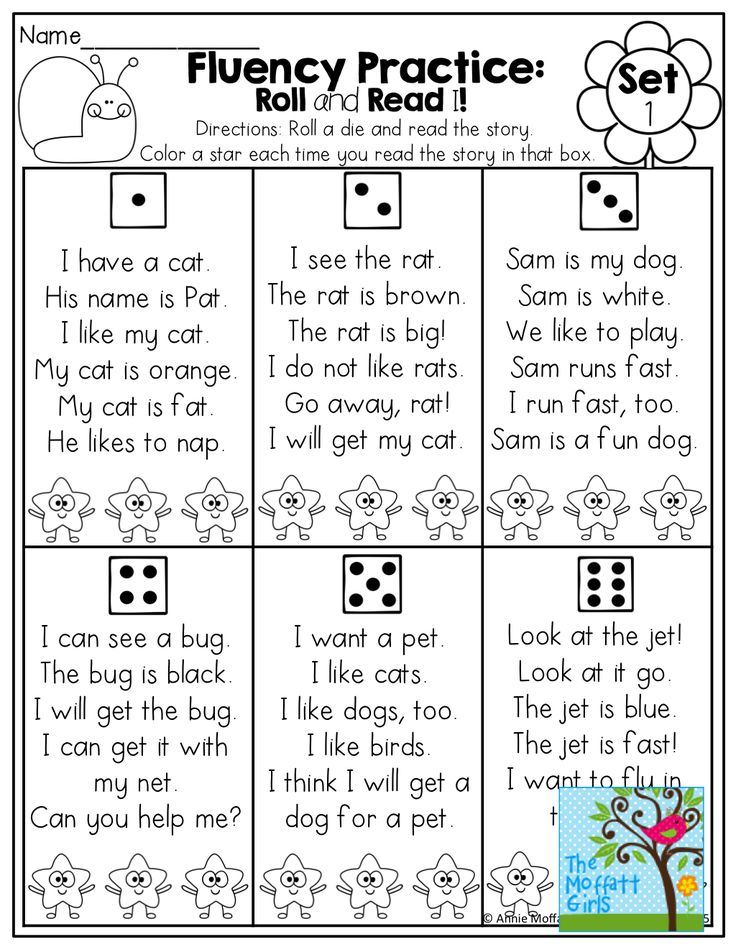 count}})
count}})View Offers
{{else}}
First Edition (0)
{{/if}} {{#if collectibleSigned}}
{{else}}
Signed Copy (0)
{{/if}} {{#bindingSoft}}
Text voiceover
Now voiceover text can be very easy!
Russian Text-to-Speech Synthesizers give you the ability to easily and quickly voice video and audio materials for listeners from Russia and from countries of Eastern Europe and Central Asia, where a large part of the population speaks Russian. Convert Russian text to voice in MP3 format, create videos based on Powerpoint presentation and automate the creation of audio and video files with Narakeet using our converters to read text online as well as voices in other languages.
Create audio
Online voice acting is free and without registration.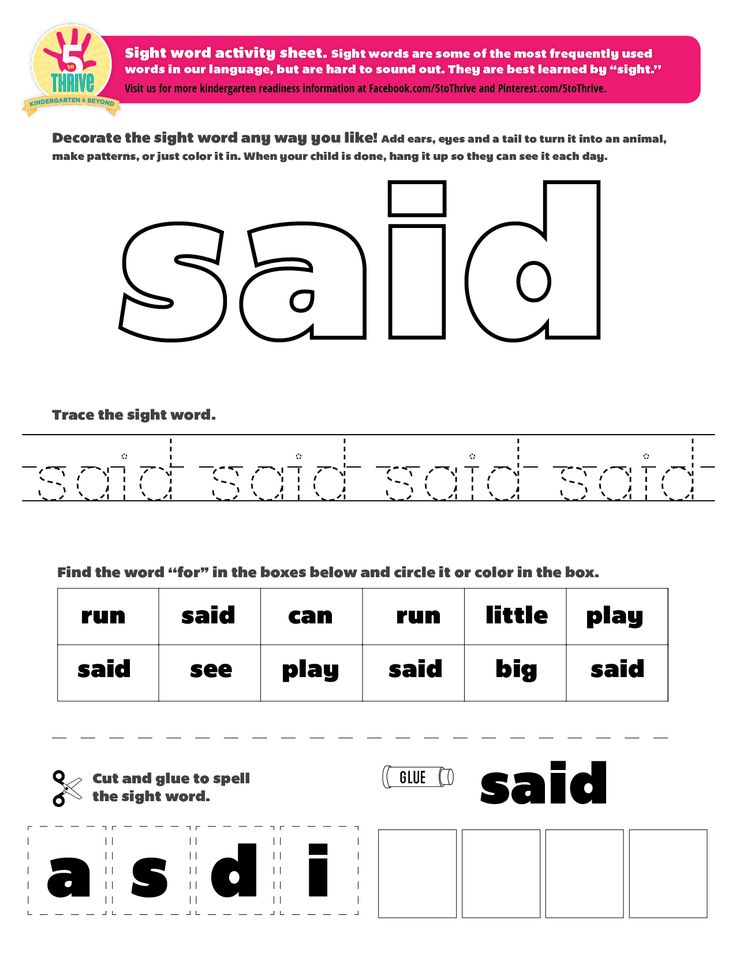
Text-to-speech
Text-to-speech is now easier. Now you can convert text to voice and download Russian MP3 files or videos in just a few minutes. It is much faster to read the text online than to record the audio yourself.
Play the video (with sound) to listen to a quick presentation of our application for converting text to voice.
Sorry, your browser doesn't support embedded videos. Watch the video here.
Online text-to-speech
Narakeet allows you to easily convert text to voice to create audio and video files using speech synthesizers that provide natural sounding. Start using our text-to-speech synthesizers for free. Select one of the male or female voices and enter your text in the box below to turn the text into a voice and create an audio file.
If you need more options (turning Word documents to voice, adjusting the speed or volume of speech, working with Powerpoint presentations or texts), visit our Tools page.
Text-to-speech
Artificial intelligence speech synthesizers recognize text based on context.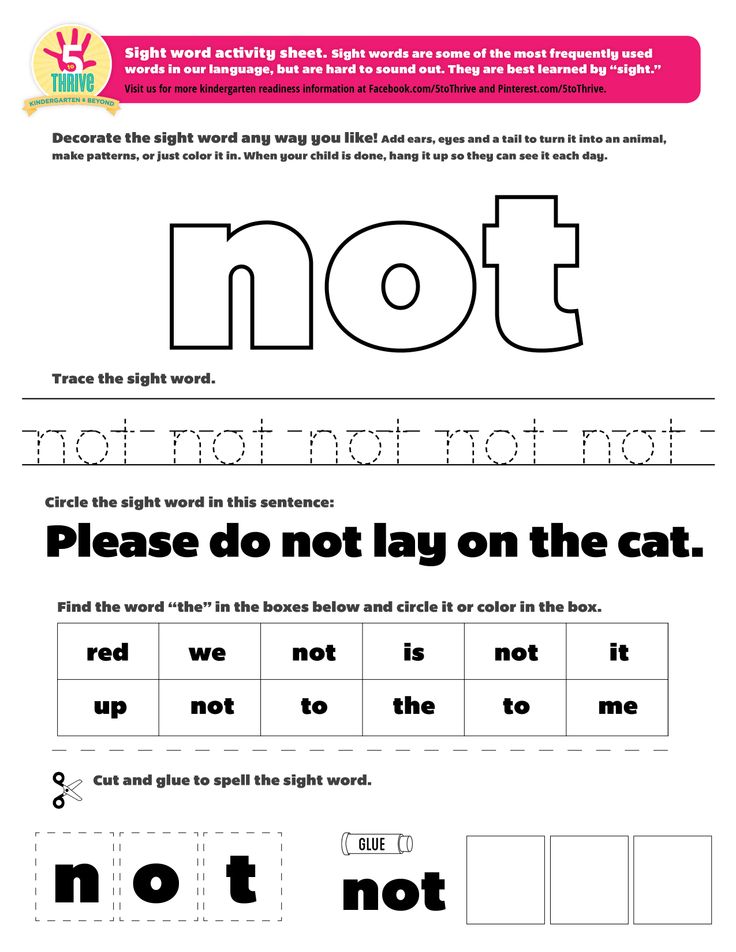 They do a great job with individual paragraphs, but sometimes it can be difficult for them to guess the meaning of small fragments, especially when reading words that have the same spelling but different meanings. To ensure correct speech synthesis when reading such words, select one of the voices marked "Stress", for example: "Sergey", "Natalya", "Tatiana" and "Yuri". 9iki
They do a great job with individual paragraphs, but sometimes it can be difficult for them to guess the meaning of small fragments, especially when reading words that have the same spelling but different meanings. To ensure correct speech synthesis when reading such words, select one of the voices marked "Stress", for example: "Sergey", "Natalya", "Tatiana" and "Yuri". 9iki
In addition to these voices, Narakeet online voiceover is performed using 500+ voices in 80+ languages.
Read text online
How to read text?
With the Narakeet tool, you can create audio and video materials for various purposes. Below are a few examples of situations in which Narakeet voice acting can be used.
- online voice acting
- Russian text to voice conversion
- English voiceover
- read the text in Ukrainian online
- read German text
- online speech synthesis
- voice acting robot
- voice acting online with realistic voices
How to read text with your voice? How to convert text to voice?
Use Narakeet to quickly convert text to voice online.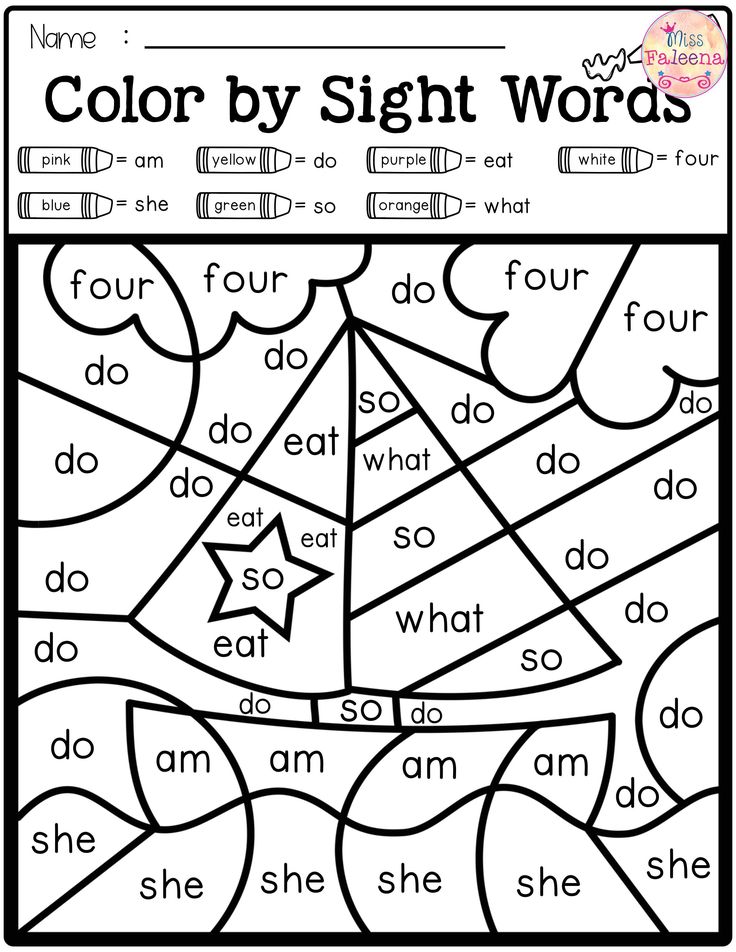 It will be much easier and simpler than voicing the text yourself.
It will be much easier and simpler than voicing the text yourself.
How do I read text on a computer?
In order to read the text by voice, paste the text you need into the "Text" field, select an online Russian speech synthesizer and click on the "Create audio" button.
What program reads the text?
Narakeet is an application that can convert text to voice online. You can use it on any device connected to the Internet. Online voiceover does not require any software to be installed, just use your browser.
Is it possible to voice books?
Narakeet voices text online using realistic speech synthesizers. Thanks to this application, you can easily convert speech from text to voice.
How to make a video with voice acting?
To create a video with audio, create a Powerpoint presentation and type the text for audio in the presentation notes. After that, upload the presentation to Narakeet. You will receive a video with voice acting in just a few minutes.
How to read text in PDF?
If you want to read the text in a PDF document, use Narakeet's text-to-speech converter. Click the "Upload File" button to upload your document. After that, click on the "Create Audio" button to convert text to voice. The voice acting of the words will be performed in Russian after selecting one of the voices for reading in Russian.
How to make the computer read the text itself?
Just copy the text or type it in the "Text" field and select one of the proposed voices to voice the text online in Russian.
How to make voice acting from text?
Narakeet is a program that can make voiceovers from text. This is an opportunity to reproduce the reading of text online in different languages using different voices. Test our application if you need voice acting for free.
Narakeet helps you create text to speech voiceovers, turn Powerpoint presentations and Markdown scripts into engaging videos. It is under active development, so things change frequently.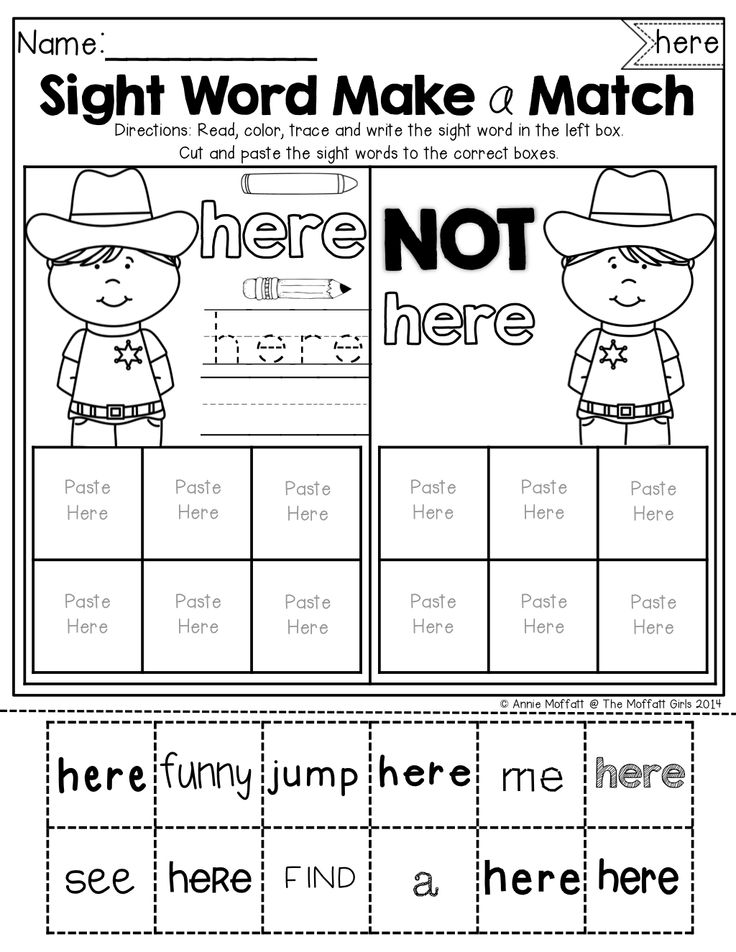 Keep up to date: rss, Slack, twitter, youtube, facebook, instagram, TikTok
Keep up to date: rss, Slack, twitter, youtube, facebook, instagram, TikTok
The media on this page includes images by Maria Rodideal, YASU SHOTS, Monica Silva, Mike Austin, Max Titov, alan bajura, Andrey Kurgan, Ben Parker, Valery Tenevoy, Grigore Ricky, Max Titov, Mihail Tregubov on Unsplash.
"I have learned to use the energy of circumstances to promote my business." Read on Cossa.ru
What quality of character made you a PR man?
Perhaps the fact that I am a kind of border guard. For example, in Media Relations, a PR specialist equally respects the interests of both publications and the company. He plays for two teams, or, relatively speaking, is on the border between them. It suits me very well, it is inherent in the character. The border broadens one's horizons, trains the ability to defend one's position under the pressure of superiors and collectives.
What about a partisan?
I have no inclinations for partisanship, except for general insolence, as in the poem by Ilya Kormiltsev “I am an urban partisan.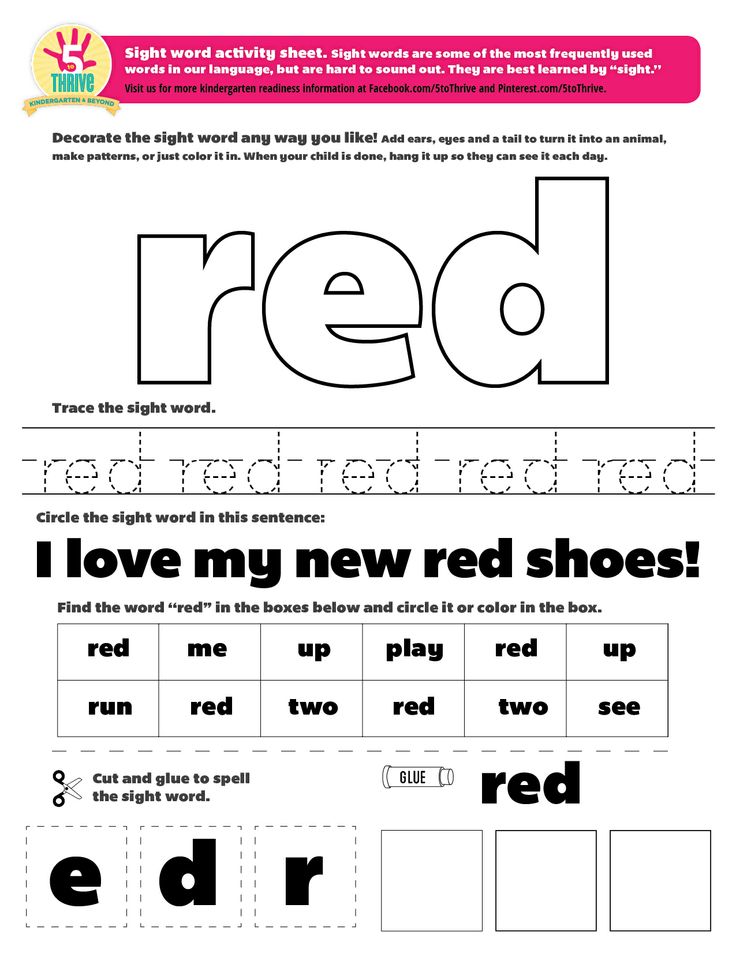 You will never hit my brakes!"
You will never hit my brakes!"
But the first business book I read was Aggressive Marketing or Guerrilla Warfare in Small Business. And first impressions are strong, formative.
How long have you been in PR? Tell us about what you have done: what, where, when?
In PR since September 1994 years old. The same autumn, my first article "as a PR" in the newspaper "Business World" is dated. So you can't tell everything. You can highlight, like a spotlight, individual episodes.
In the summer of 1995, I found myself in a marketing war between developers of domestic OCR systems. It was not like a guerrilla war, but like a confrontation between two counterintelligence services: sent Cossack spies, disinformation in the press, serious conflicts at computer exhibitions. I then conducted the first "journalistic" investigation in the computer press: video materials, audio cassettes with compromising evidence, written testimonies. The abscess of lies broke through.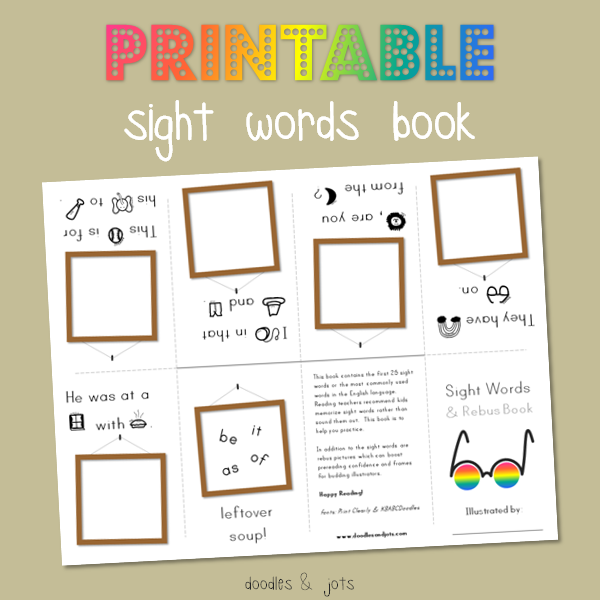 We won, and FineReader is now the default OCR. This experience has shown that one person can do a lot with the help of targeted actions.
We won, and FineReader is now the default OCR. This experience has shown that one person can do a lot with the help of targeted actions.
Later, I learned to use the energy of adverse circumstances to promote my business. For example, at the turn of 1997 and 1998, we sent laptops of the company where I worked then into space. Success? However, it was not yet a complete success. At the press conference of the cosmonauts, all TV channels managed to give such a picture that our logo on the back of the stage did not enter the frame. I reservedly stated such injustice in the commentary to the press release. My words were grossly distorted in one of the computer Internet publications. Unwinding this seemingly failure, I managed to get my news (and my name at the same time) to appear on the pages of the multi-million dollar Moskovsky Komsomolets, which does not specialize in such articles at all.
But I'm talking about PR, as asked.
Partisanism is, for example, the "Ordinary Powder" of the Angarsk petrochemical plant.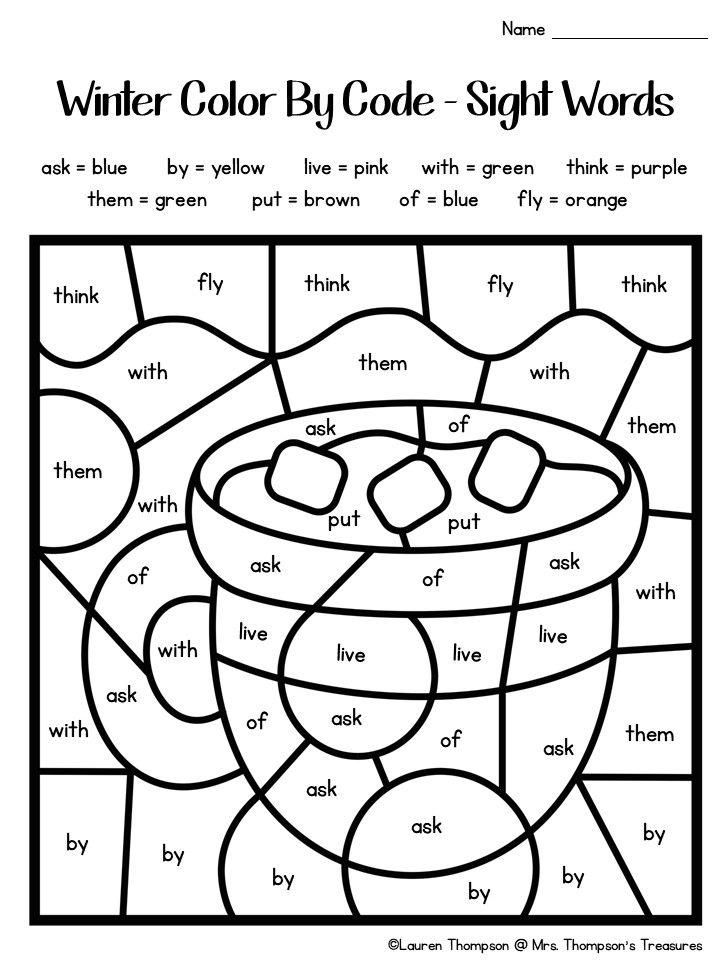 Global brands use this name in their advertisements, but none of them have yet made their claims. They say that P&G began to lose market and even bought this "Regular ...".
Global brands use this name in their advertisements, but none of them have yet made their claims. They say that P&G began to lose market and even bought this "Regular ...".
And I rhyme "partisans" with "sarafans", that is, I'm interested in partisan techniques, with the help of which word of mouth is launched. Usually - on the Internet, since I work there.
Is there any connection between guerrilla marketing and black PR?
No need to look for black PR in a dark room, especially if it is not there. What is called black PR comes down to articles 129 and 130 of the Criminal Code of the Russian Federation - “Slander” and “Insult”. And both of these articles fall under the ninth commandment "Thou shalt not bear false witness." It is not a joke to utter or publish a false testimony! It is not surprising that God scourges false witnesses: some in the hands, some in property, and some in general “get out of the profession” ...
Guerrilla marketing is usually, on the contrary, a high class, which is not shameful to brag about.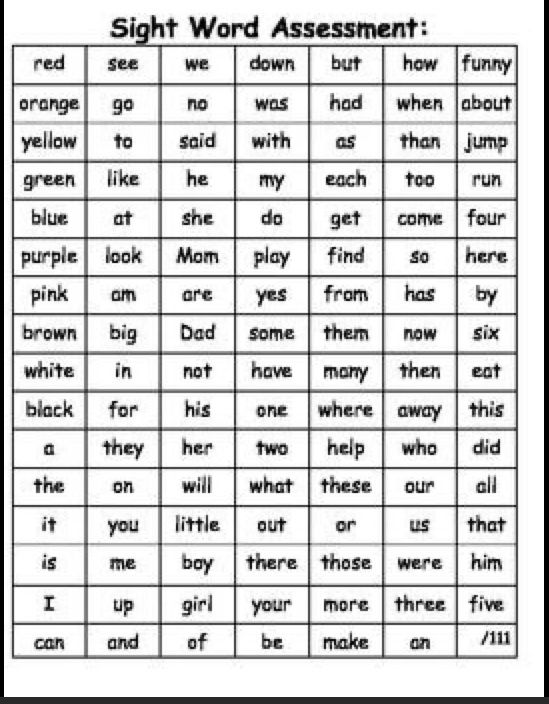
Let's remember the textbook example of the spread of potatoes in France. When the potato was introduced, it did not arouse the enthusiasm and interest of the population. Then the Minister of France put a guard on the potato fields. Seeing this, the peasants assumed that it was a very valuable product, and demand increased along with confidence.
And how in 1939 in New York in ladies' toilets they placed advertisements for electric typewriters and increased their sales by 30%?
I have only one slightly black story connected with guerrilla marketing, which can be called “Death of a Guerrilla”. In 1910, a criminal sentenced to capital punishment shouted from the scaffold: "Buy Van Houtten's cocoa!" The next day, Van Houtten's name was printed in all the newspapers, and the goods that he provided were instantly sold out.
What about blogging?
On November 20, 1998, I opened my first blog, Nakhodka, which mimics Yahoo! Internet Picks.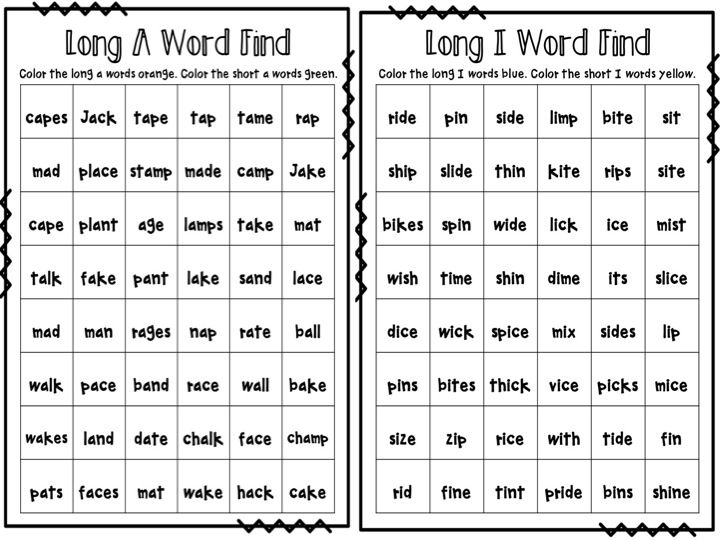 (I launched au.ru on his website, which then denoted the catalog that later became the Aport catalog, and now it is what you can see by typing the address ... The pictures from this blog have not been preserved, as well as its design, and the texts are available on my personal website ). Spout in his blog "Evening Internet" then blessed me, and I received the first thousand readers by reference. There were so few bloggers at that time that one could almost immediately become a thousandth, two thousandth, four thousandth ... And there were simply not enough readers for more! I wrote the first blog for money, the second and third ones too, and the fourth was a live journal, in which I left three and a half thousand entries for free! With great difficulty, I then returned to corporate blogging and SMM.
(I launched au.ru on his website, which then denoted the catalog that later became the Aport catalog, and now it is what you can see by typing the address ... The pictures from this blog have not been preserved, as well as its design, and the texts are available on my personal website ). Spout in his blog "Evening Internet" then blessed me, and I received the first thousand readers by reference. There were so few bloggers at that time that one could almost immediately become a thousandth, two thousandth, four thousandth ... And there were simply not enough readers for more! I wrote the first blog for money, the second and third ones too, and the fourth was a live journal, in which I left three and a half thousand entries for free! With great difficulty, I then returned to corporate blogging and SMM.
There are also two PR blogs: the recently completed travin.blogpr.ru with 108 entries under the Sovetnik magazine, and another additional one, in which my longest interview was reprinted, which Roman Maslennikov took for his e-book “PR Elite of Russia: 157 interviews.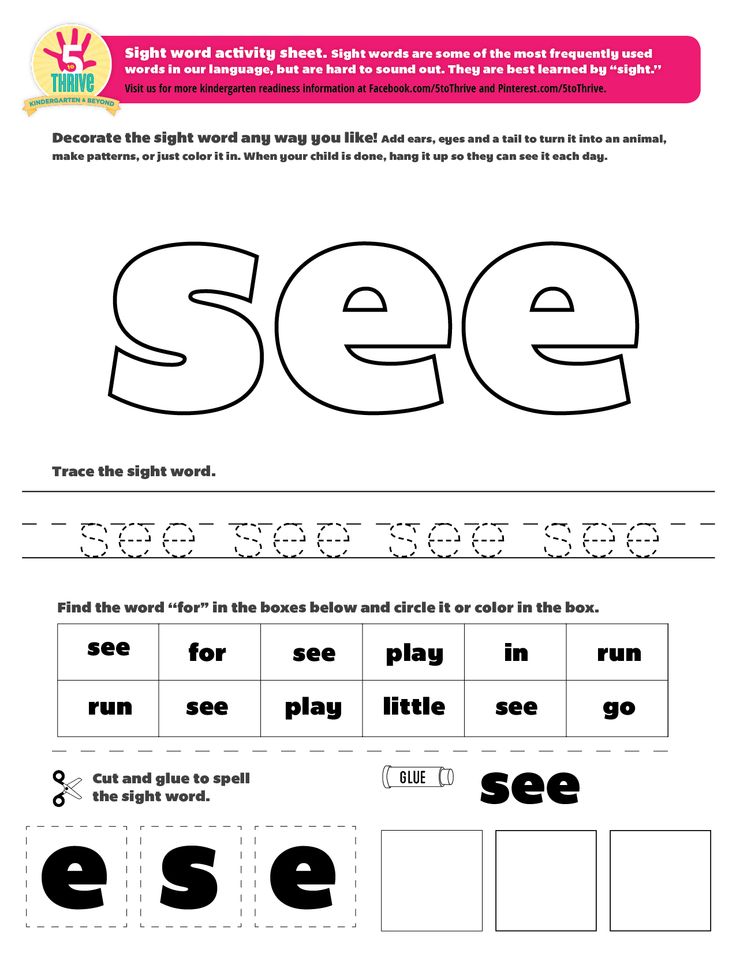 ..”. Of course, I do not belong to the elite. .
..”. Of course, I do not belong to the elite. .
By the way, Nosik in the mentioned announcement of 1998 called me “the notorious Andrey Travin”. I think I've managed to stay that way to this day.
How do you feel about indiscreet self-names, all these "No. 1 guerrilla / emotional / low-budget marketing"?
Well, the doctor converts not even his last name into food, but the postscript “d. m. n. If "No. 1 .." helps someone sell themselves, then so be it. If it is out of vanity, then I can speak about it only with a contemptuously protruding lip.
Literally today I had a curious incident that I have not yet managed to forget. I typed a “narcissistic” query in the search engine and saw “Andrei Travin. | Great Manager or Master of Influence." In order not to drop my jaw, I quickly followed the link. And there, without a red line, the contents of the electronic library were simply listed: “Effective time management for an office worker (Author: Elena Merzlyakova.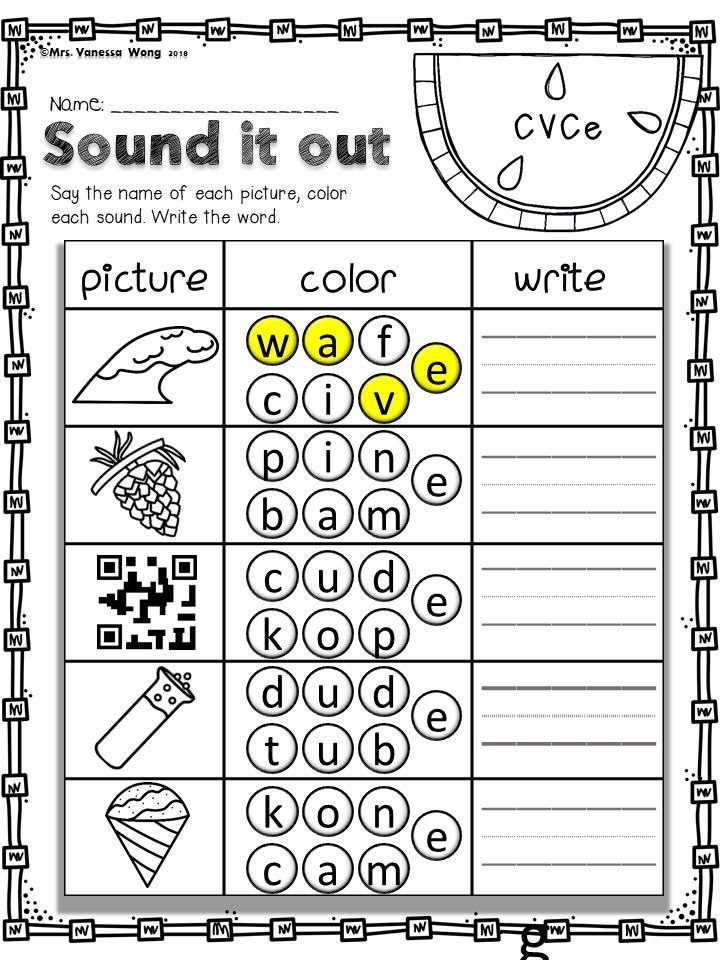 ) | Internet terms and jargon (Author: Andrey Travin.) | Great Manager or Master of Influence (Author: Tsvetkov E.)”.
) | Internet terms and jargon (Author: Andrey Travin.) | Great Manager or Master of Influence (Author: Tsvetkov E.)”.
At the beginning of the 2000s, I noticed that the number of mentions of "Andrey Travin" in Yandex exceeded the number of mentions for the query "Pavel Bure". And I even managed to say on the pages of Nezavisimaya Gazeta that we, the first Internet users, also became public figures. However, since then, Yandex has begun to deal with duplicates much better, and the feeling that you are in this information boiler “no one can call you” is getting stronger every year.
And in general, the sense of importance of the gurus of any type of marketing is still much inferior to the sense of importance of the Moscow journalist, who presents his profession not as news mining, but as writing columns in a cafe over latte mochachino with chocolate chips; unhurried voicing of one's own "authoritative" opinion.
What do you expect from Guerrilla Marketing Day?
I have been attending conferences for quite a long time.

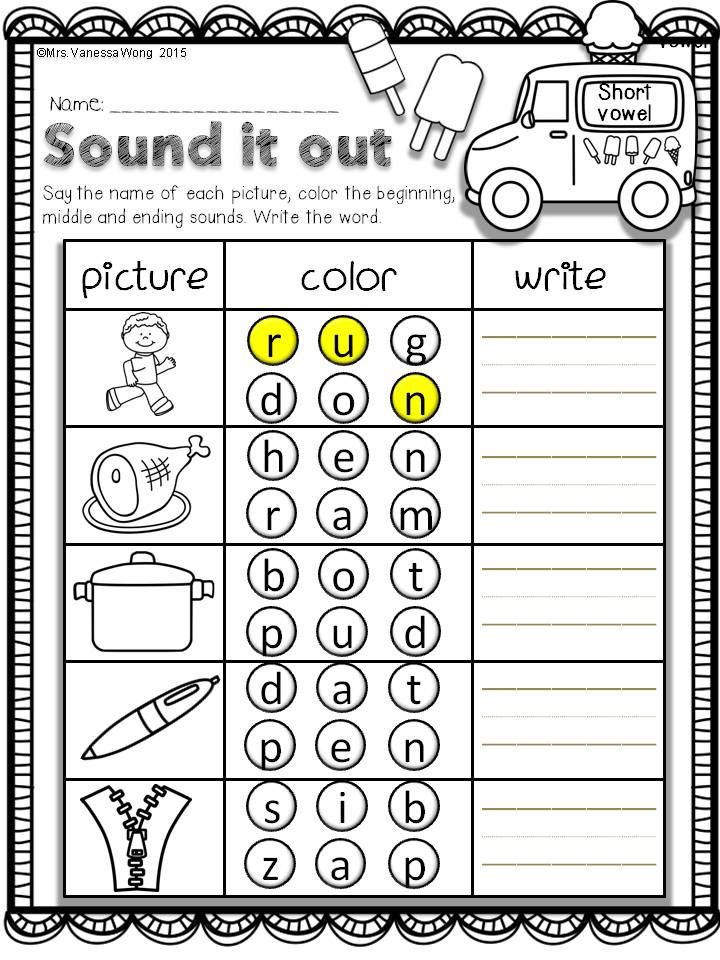 Kids turn a word into a sight word by mapping unexpected (non-phonetic) sequences of letters to their sounds.
Kids turn a word into a sight word by mapping unexpected (non-phonetic) sequences of letters to their sounds.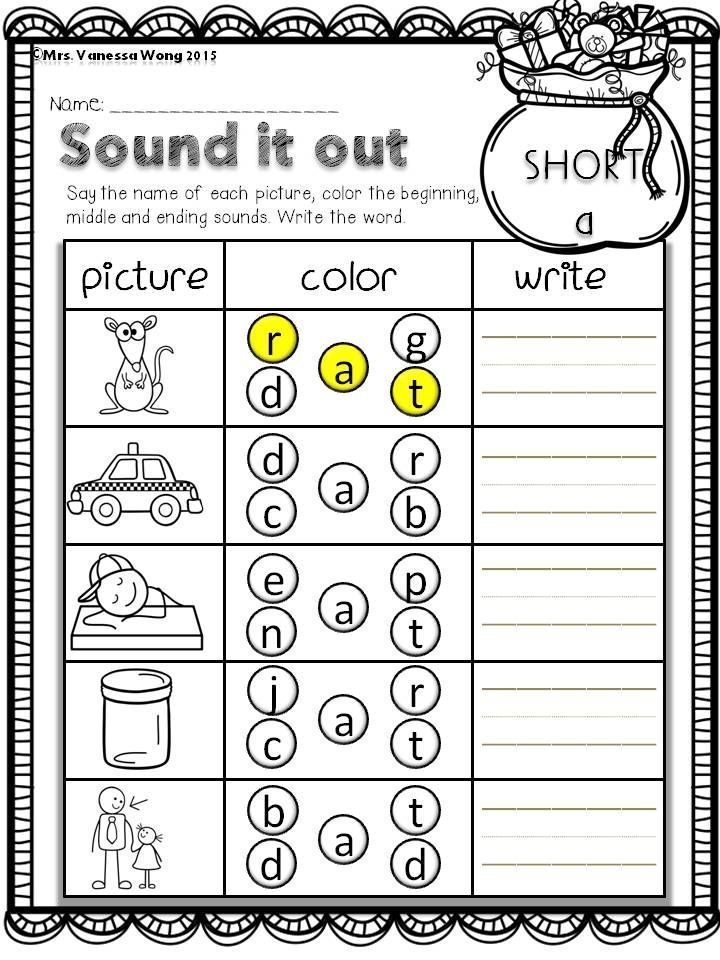
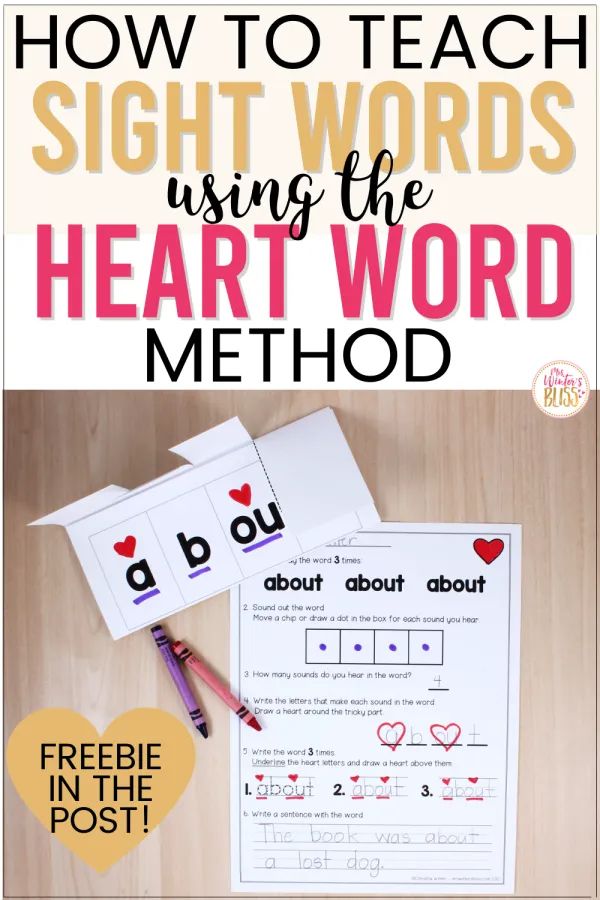 They can talk about the letter patterns in irregular sight words that don’t follow the rules.
They can talk about the letter patterns in irregular sight words that don’t follow the rules.